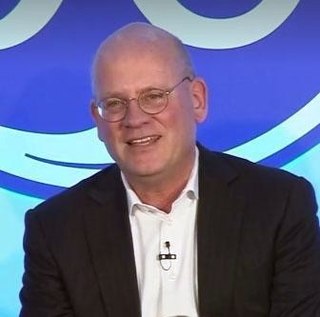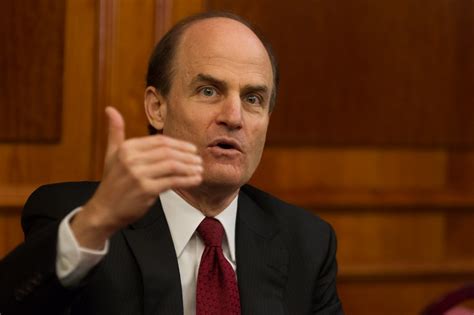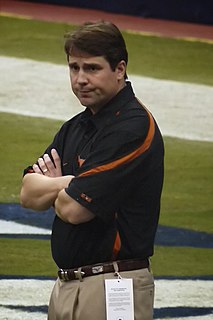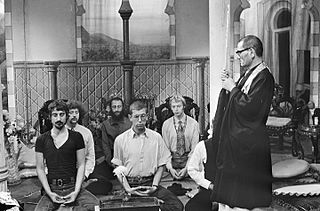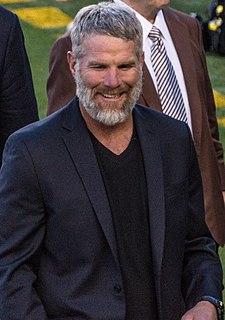A Quote by John L. Flannery
The teams and how we perform and how we deal with customers, how we invest in the things we do right now - that's what writes the story for GE.
Related Quotes
Behavior influences consciousness. Right behavior means right consciousness. Our attitude here and now influences the entire environment: our words, actions, ways of holding and moving ourselves, they all influence what happens around us and inside us. The actions of every instant, every day, must be right...Every gesture is important. How we eat, how we put on our clothes, how we wash ourselves, how we go to the toilet, how we put our things away, how we act with other people, family, wife, work - how we are: totally, in every single gesture.
The players start to recognise your game, start to know how you move, how you pass, how you shoot and the things become difficult now. So now I need to improve more and to work more and understand more the teams who I play against because they will understand me better, but I need to be prepared to understand better the difficulties they can have.
After all, when we were children, when things went wrong, there wasn’t much we could do to help put it right. But now we’re adults, now we can. That’s the thing, you see? Look at us, Akira. After all this time, we can finally put things right. Remember, old chap, how we used to play those games? Over and over? How we used to pretend we were detectives searching for my father? Now we’re grown, we can at last put things right.
I liked school, but I used to dread those moments when the teacher would call me up to give an oral report. I forced myself to deal with it and not dwell on the class in front of me - to keep a straight face, give the report and concentrate on getting it right. That's normally how I perform. That's how I am.
I don't think there's a right or wrong things in your style. It's about how you clearly reflect who you are; how you more clearly tell the story. Who are you? How do you want to transmit that to the world, and how do you more clearly say that? Then I have a philosophy, FFPS: fit, fabric, proportion, and silhouette. Proportion's everything, really, knowing your body and understanding that. Those things have been really crucial for me. It's about being clear about the story you want to tell to the world about who you are - and maybe a little bit of FFPS.
Now we're in a very different economy. Throughout the late 1980s and 1990s American management started to do the right things. There was extraordinary investment in technology. The dominant questions now are less how to do it better, how to manage better, how to make the economy better, than how to have fuller and more meaningful lives. Because the irony is, now that we've come through this great transition, even though our organizations and our people are extraordinarily productive, many feel that the nonwork side of life is very thin.
